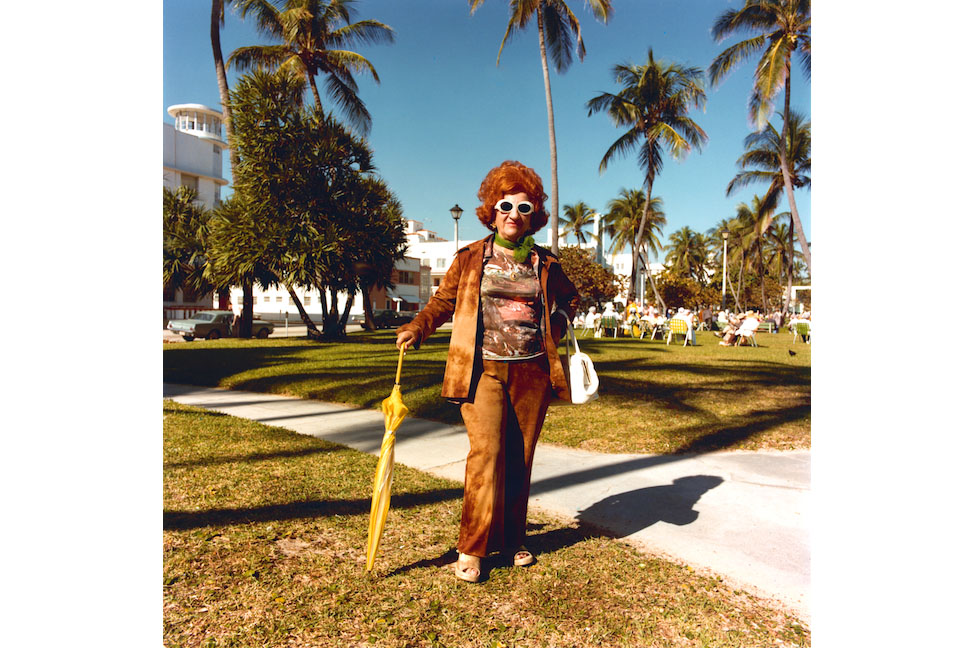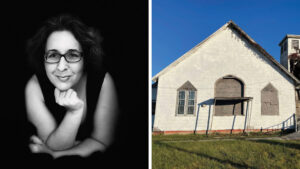Miami Beach began to thrive as a vacation destination after World War II. It had everything one would want: air conditioning, beaches and Las Vegas-caliber entertainment. Working-class New Yorkers came for the climate and atmosphere. Jackie Gleason filmed his variety show there in the ’60s.
Over time, the resort city morphed from a vacation home for “snowbirds” to a retirement community of “porch-sitters” and as that population aged, real estate values increased and many seniors ended up in impoverished conditions in dilapidated buildings.
Then came the drug wars and the cocaine trade in the ’70s and ‘80s. The tides really turned in 1980 with the McDuffie race riots and the Mariel boatlift of Cuban refugees. The aging Jewish population no longer felt like this was their home and migrated to places like Boca Raton. Ultimately, by the late ‘80s and early ‘90s, a resurgence was underway and much of the previously abandoned Art Deco architecture had been restored. Today, Miami Beach boasts a robust international and LGBT scene.
But, that’s not this story.
Dennis Scholl and Kareem Tabsch’s 70-minute documentary “The Last Resort” focuses on Miami Beach’s vibrant Jewish community and its residents of the 1970s. The story is told mostly through the photographs of Miami Beach natives Andy Sweet and Gary Monroe, who spent a decade chronicling the people of the area and depicting them in their daily routines.
While different in style – Sweet’s photographs are neither posed nor composed and possess a technicolor vividness, while Monroe’s are formal and black and white – the photographers’ work gorgeously captures the characters who were living in Miami Beach at the time. Through still photo montages, archival footage, voice-overs and testimonials, the film describes the setting: “It was like a shtetl. We were all Jewish.” “There were fabulous Jewish delicatessens in South Beach.” “There were social hangouts and breakfast club groups.”
Some of the hotels even converted their social rooms into makeshift shuls. As Gary Monroe says in the movie, “We wanted to capture a precious legacy that was being forgotten.”
The documentary explains that so many elderly Jews ended up in Miami Beach (at one time, South Beach was home to the largest cluster of Jewish retirees in the country) because they shared a common bond and a sense of Zionism. It was also popular among Holocaust survivors who came for the camaraderie and found the ocean therapeutic. One particularly compelling clip in the film shows a couple sarcastically stating, “Adolf Hitler was our matchmaker.”
“The Last Resort” is a nostalgic look at a bygone era and a practically extinct community. When the filmmakers try to zoom out to tell the broader story of Miami Beach’s decline and eventual rebirth, intertwined with Andy Sweet’s tragic personal story, its focus falters. The documentary is at its best, however, when showing Sweet’s sunny, hyper-realistic snapshots. Those images and the people in them are the true stars of this show. As Sweet is quoted as saying in the film, “My photographs are popular because people respond to them like children do to candy.”
The insight into Sweet and Monroe’s work and the sentimental glimpse into the daily lives of a forgotten group of kibitzers makes “The Last Resort” worth visiting.
[JmoreImageGallery number=”1″]
“The Last Resort” opens in New York on Dec. 21. We’ll keep you posted with local screening information.





